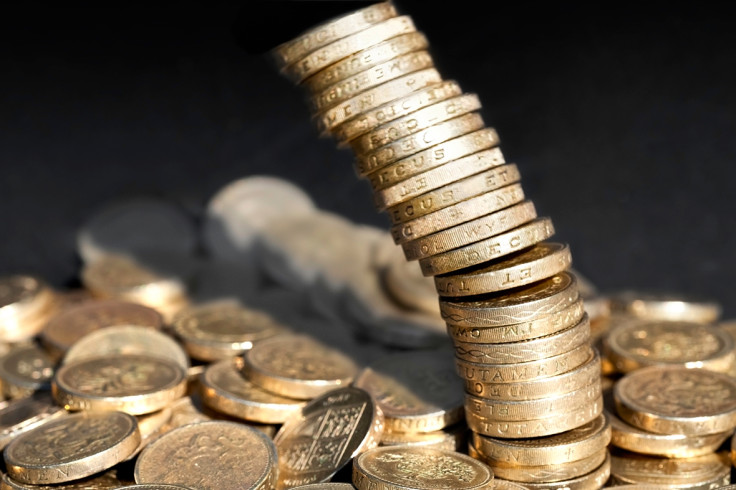FX Focus: Pound slide continues after disappointing manufacturing data
Australian dollar tumbles as economy shrinks at the fastest rate since the 2008 recession in the third quarter.

The pound lost ground against its main rivals on Wednesday (7 December), after a report showed Britain's manufacturing and industrial sector suffered an unexpected slowdown in October.
Having hit a two-month high of $1.2775 against the dollar in the previous session on the hopes of a "soft Brexit", sterling relinquished the gains and was down 0.46% against the dollar by mid-afternoon, trading at $1.2618. The UK currency was also 0.56% lower against the euro, fetching €1.1756.
"Sterling weakness remains a recurrent theme with the terrible combination of ongoing Brexit anxieties and uncertainty encouraging bears to install heavy rounds of selling at any given opportunity," said FXTM research analyst Lukman Otunuga.
The decline followed a report from the Office for National Statistics, which showed manufacturing production fell 0.9% in October, compared to the month before, compared to the 0.6% gain recorded in the previous month and missing analysts' expectations for a 0.2% increase.
"Following on from last week's manufacturing PMI deterioration, there is a worrying picture of decline for manufacturing in the UK," said Joshua Mahony, market analyst at IG.
Elsewhere, the euro edged marginally higher against the dollar and the yen, gaining 0.10% against the former and 0.15% against the latter to $1.0729 and ¥122.39 respectively.
Meanwhile, the dollar was broadly flat against the yen and the Canadian dollar but gained 0.37% against its Australian counterpart to AUD$1.3431, as the latter came under pressure after the economy shrank by a larger-than-expected 0.5% in the third quarter, its sharpest quarterly decline since the 2008 global financial crisis.
However, Paul Dales, chief Australia and New Zealand economist at Capital Economics warned it was premature to suggest Australia could enter a recession.
"The 0.5% quarterly fall in GDP in the third quarter is unlikely to mark the start of a recession as GDP will probably rebound in the fourth quarter," he said.
"Even so, it highlights that the economy is not strong enough to generate much more inflation. This supports our view that interest rates may yet fall from 1.5% to 1.0% next year, which could drag the Australian dollar below US$0.70."
© Copyright IBTimes 2025. All rights reserved.





















